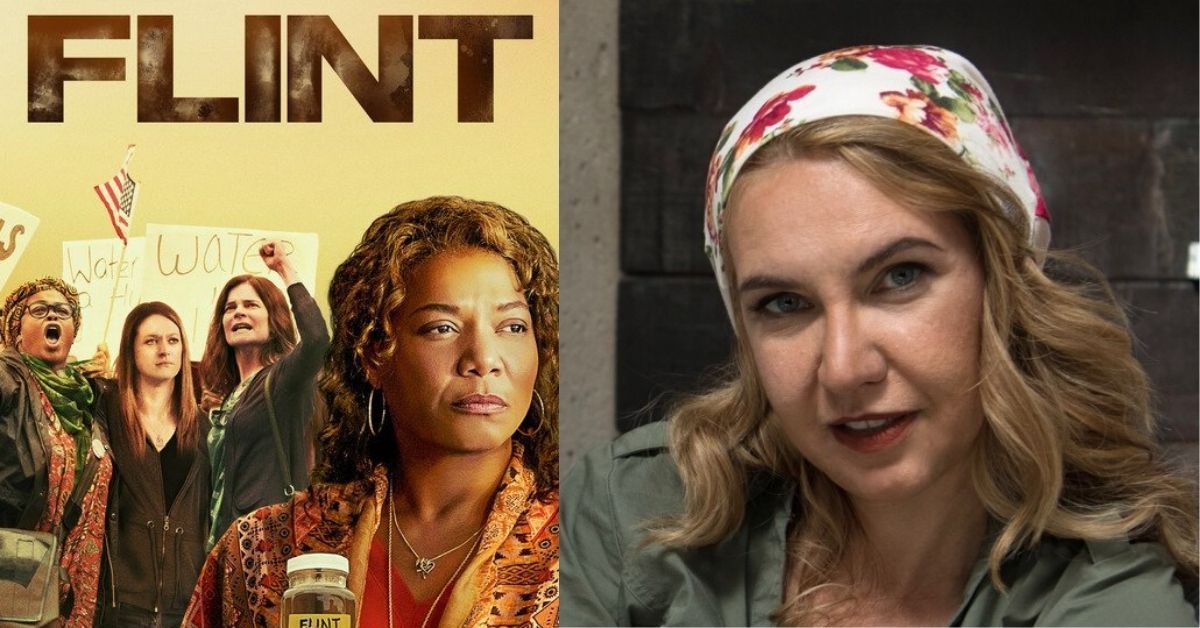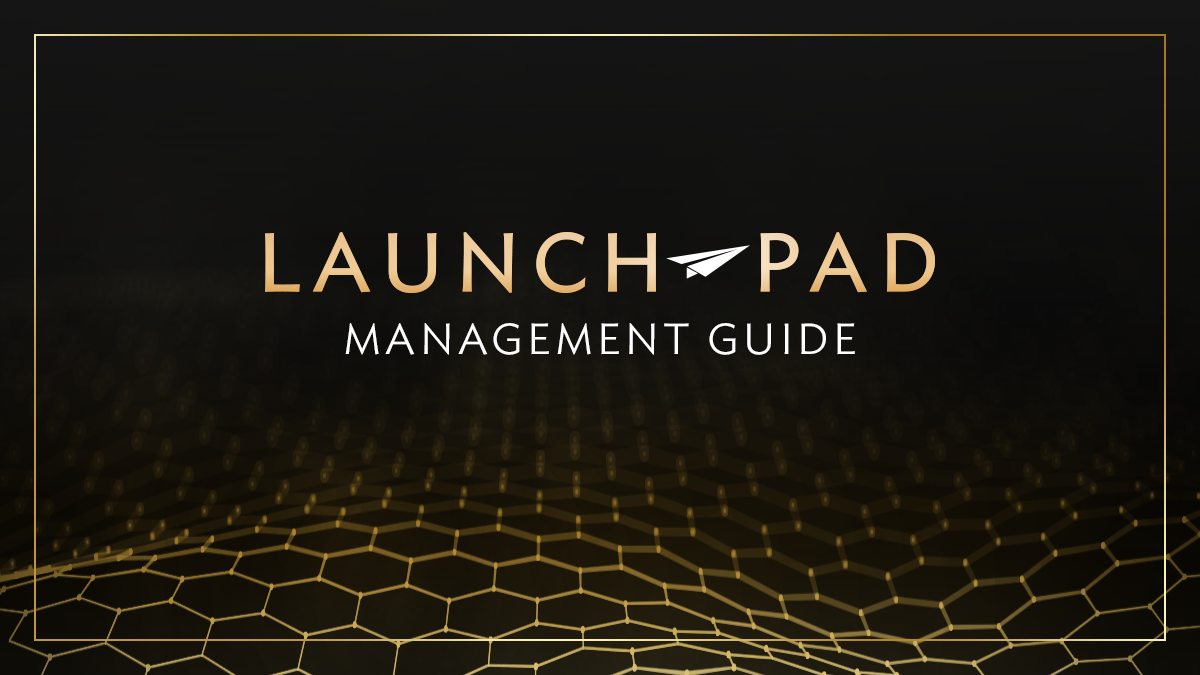
Each screenwriter has their own journey. Some break through by working their way into the Hollywood system through internships, assistant jobs, or corporate positions. Others have worked the writing conferences and workshop events, building a network of industry insiders and fellow screenwriting peers. And many have gone through Hollywood’s filtration system of marquee contests, competitions, and fellowships like the Launch Pad Feature Screenplay Competition.
No one story is alike. No one journey is the same.
To learn more about what to expect when success comes your way, we turn to 2020 Launch Pad Feature Screenplay Competition mentor Barbara Stepansky and her screenwriting journey that led her to that pinnacle moment of hearing her written dialogue spoken by movie stars and seeing her action and description come to life through a major feature production. See our previous interview blog post with her here: How Winning a Screenwriting Competition Changed my Life
Barbara Stepansky is a WGA Award winner, a Nicholl Fellowship Fellow, and an award-winning independent film director. Her work was shortlisted for the Academy Awards, garnered the DGA Diversity Award, earned the Student Emmy, and was featured on the Black List. She is the recipient of the Mary Pickford Foundation Scholarship and the Franklin J. Schaffner AFI Fellow Award.
Flint, a film she wrote about the Flint Water Crisis for Sony/Lifetime starring Queen Latifah, was nominated for a Critics Choice and won a WGA Award.
Barbara shares her experiences of being on set for her feature film Flint in the below video, and we add our own elaboration on her experiences to detail what a screenwriter can expect when that pinnacle moment happens — when that ultimate screenwriting goal is met.
Screenwriters Do Get Their VIP Treatment and Respect
“I was coming from the film school world where we have five people on set, and here I was arriving to thirty trailers, a call sheet of one hundred and fifty people, and as soon as I arrived there were, like, three PAs (production assistants) ushering me in and asking me if I wanted coffee. Which was wonderful,” Barbara remembers.
Contrary to popular belief, screenwriters are treated well and given the proper respect on film sets.
Everyone is accounted for on a movie set. Security and production assistants are in charge of keeping track of everyone.
When they see that you’re the screenwriter, believe it or not, you’re considered and treated like an above-the-line VIP. Production assistants will take notice of your title, and you’ll be treated well.
You’ll be introduced to production line producers (and maybe even the script supervisor), and you’ll be escorted to those you may or may not know already — producers, the director, and talent.
“It was really a mind-boggling experience to participate in video village and watch the director do his thing.”
Be Prepared to Work
“The miraculous thing that happened that day was that they had one of the actors not scheduled, but they were in the scene [within the script]. And knowing that I was there, I was instantly put to work to rewrite the scene without that actor so that it could be shot within a reasonable way.”
When you’ve sold your script, or you’ve been assigned to write one, and you’re fortunate enough to see it go into production, your work isn’t done.
If you haven’t been replaced by other writers, you can expect to be contracted for rewrites. Sometimes those rewrites are simple polish drafts. Other times they may be more substantial due to casting changes, budgetary restraints, location availabilities, and any other number of needs, wants, and setbacks.
And then there’s the on-set work.
Yes, it’s exhilarating to be on the set and seeing your words come to life. But when the principal players within the production — even the movie star talent — know that the writer is on set, you can expect to be questioned and put to work if necessary.
“Queen Latifah had some questions about her monologues, so now I’m sitting in her trailer and rewriting and figuring lines out with her to make sure that she feels comfortable with what she’s saying. So I had a fantastic time.”
Getting Something Produced Is the Ultimate Achievement
Whether the feature is good or bad in the end, getting your screenplay produced is the ultimate achievement. It opens doors for you. It validates you in the eyes of the industry because they can point to the fact that you’ve paid your dues and have reached the level that most screenwriters never do. That produced credit is like currency in Hollywood.
Thankfully in Barbara’s case, the end product was outstanding and celebrated.
“I’m supremely happy with how [the film] came out. It was a really big success for Lifetime, but also for me personally because the movie was nominated for a WGA Award that I then won. It was just unexpected and amazing.”
When you see your screenplay produced, you feel the reflection of all of the work you did — but you also feel the presence of those that helped you get to where you are.
“I really owe the people that have supported me through all of this, and [those that] submitted me.”
But the work doesn’t stop there. You have to continue to hone your skills and stack your deck with excellent screenplays. Too many screenwriters feel that once they reach a pinnacle moment in their screenwriting career — getting an agent, getting a manager, optioning a script, getting an assignment, selling a script — the work will come to them.
No. You still have to grind. You still have to work. You still have to better yourself as a writer and cinematic collaborator.
For Barbara, she did just that and currently works as a writer within the writer’s room of the acclaimed Starz TV Show Outlander.
Launch Pad contributor Michael Lee has worked in development as a script reader and story analyst for a major studio, Emmy Award-winning production company, and iconic movie director.

